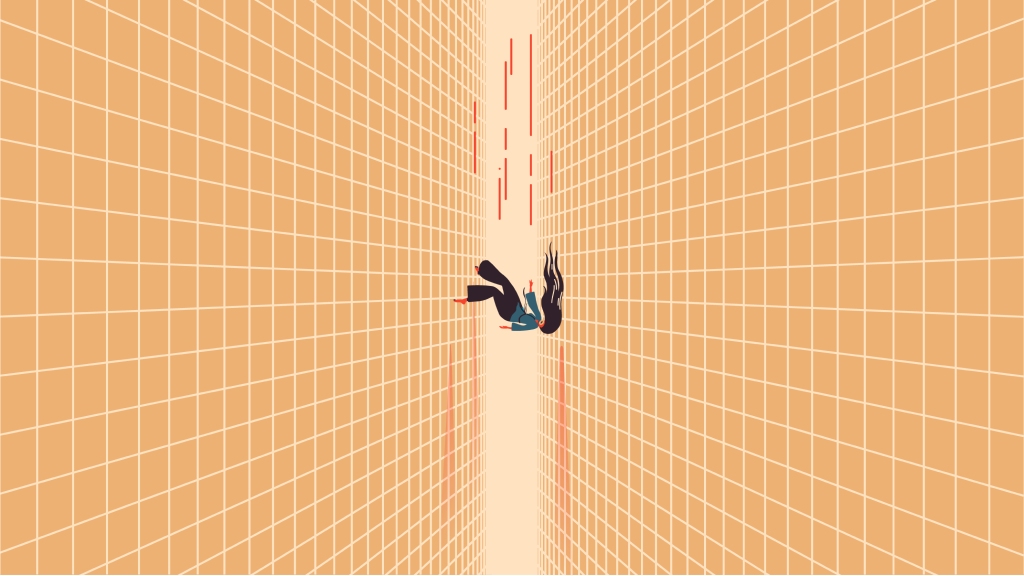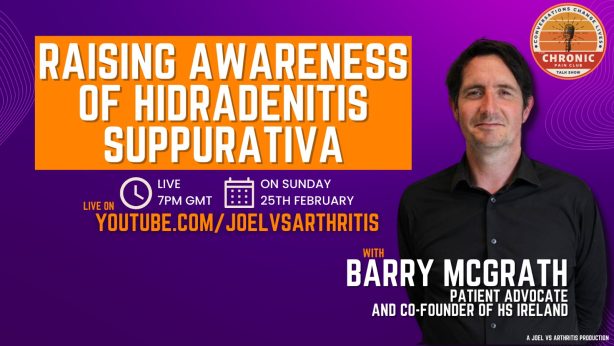The Heart and Soul of HS
On first reading this outstanding insight about the experiences of people who have HS from clinical psychologist Dr Laura Howells and colleagues, I felt as if the authors had reached deep into my heart and soul and distilled the essence of what life with HS is like. Since its publication in 2021, I’ve ruminated on its contents and that feeling about seeing into my heart and soul has grown deeper.
The study was a research priority exercise from the James Lind Alliance (JLA) and the authors in the study team comprised a clinical psychologist, dermatologists, and other healthcare providers. Crucially, the study team also involved a HS patient. The JLA Priority Setting Partnerships brings carers, clinicians, and patients together to identify and prioritise unanswered questions or evidence uncertainties that they agree are the most important. Therefore, health research funders are aware of the issues that matter most to the people who need to use the research in their lives.
The team aimed to answer the following: ‘What is the impact of HS and the treatments on people with HS (physical, psychological, financial, social, quality of life)?‘ and to do this searched the available literature on qualitative research relating to peoples’ experiences with HS. They identified a range of issues experienced among people who have HS, broadly categorised into three categories, outlined below:
1. Putting the Brakes on Life
The first main theme identified in this work was that physical, psychological, and social consequences of HS resulted in people missing out on multiple life events. Speak with anybody who has HS and the top three symptoms they struggle with are: pain, pain, and pain. This often unbearable and relentless pain can make even the mundane, everyday tasks unbearable, tasks such as bathing, cleaning, cooking, dressing. It is humbling when you have to ask others to help tie your shoelaces. For many with HS, you can add in foul odour coming from draining wounds. Many try cope by staying at home, avoiding social, work, and other events. Such behaviour ultimately leads to loneliness and isolation. Consequently, life events such as meeting a partner, starting a family, getting on with one’s education and career, and so on, are put on hold. I did this for years, always hoping that the ‘next’ surgery or treatment would see me right. I find myself single in my late 40s wondering what has happened and where has the time gone?
“Last night I dreamt
That somebody loved me
No hope, no harm
Just another false alarmLast night I felt
Last Night I Dreamt Somebody Loved Me, The Smiths
Real arms around me
No hope, no harm
Just another false alarm”
2. A Stigmatised Identity
Another theme identified by the authors was that people who have HS try to conceal their HS, visually and verbally, resulting in anticipation and fear of exposure. Many people feel tremendous shame and embarrassment about their HS, going to extreme lengths to hide their HS. Many live in abject fear of being found out. I recall a particular incident when arriving at work one day many years ago. Despite leaving my home just 15 minutes previously and applying lots of bandaging and dressings, a heavily draining wound was already stinking. On arrival at the building where I worked, I got into a lift to ascend to my desk on the second floor. Others got in also and once the lift doors closed, someone commented on the smell. Thankfully, they didn’t pinpoint the smell to me on the short ride (or at least had the courtesy not to say anything) directly to me). From that day on, I avoided the lift, despite having many lesions in/around the groin and often having to spend time in the bathroom cleaning the blood and pus from my thighs and surrounding areas. Every person with HS whom I have spoken with has a similar embarrassing incident or story. We often go to extreme lengths to avoid such, remaining hidden in the shadows for fear of being found out.
The authors also report that “Social support and psychological acceptance helped people cope. Connecting to others with HS may have a specific role in preserving a positive self-identity.” There are many such HS support groups on social media platforms and elsewhere online. Some support groups meet in person. In my experience, when done right, such groups can be tremendous assets and serve as lifelines for many, countering the isolation and loneliness mentioned above. On the flip side, when not managed effectively, these groups can be toxic environments. More on this topic anon,
3. Falling Through the Cracks

Image from Mixkit.co
The final theme identified and reported by the study team is that people who have HS often experience ‘falling through the cracks’ of healthcare. The well-established HS diagnostic delay (I have posted on this previously, here and here), misdiagnosis, and lack of access to care are common amongst those with HS. In my own case, almost 20 years passed and several other diagnoses received before I first learned about the existence of ‘hidradenitis suppurativa’. I was in a bad state by the time I finally met with someone who was familiar with HS. Obviously, the later one is diagnosed, the chances of progressing to more severe HS increase. During this time, one may receive many inappropriate and ineffective treatments, and passed around the healthcare system. That was certainly my experience and it is distressing to read this is a common experience for people who have HS.
If you have HS, it may be some comfort to read of others experiences in the journey with HS. While each of our experiences are unique, you may benefit from learning about others and their journeys. You may well be surprised about the commonality of much of what we go through, If you care for people who have HS or have any interest in the condition, please read the enlightening and insightful thematic synthesis by Howells and colleagues.
References:
Howells., L., Lancaster, N., McPhee, M., Bundy, C., Ingram, J.R., Leighton, P, Henaghan-Sykes, K., Thomas, K.S., (2021), ‘Thematic synthesis of the experiences of people with hidradenitis suppurativa: a systematic review.’, Br. J. Dermatol., 185(5):921–934. doi: OPEN ACCESS, [online], available at: doi: 10.1111/bjd.20523.
Plain Language Summary of Howells et al. (2021), ‘What is known about the experiences of people with hidradenitis suppurativa?, Br. J. Dermatol., 185(5), Page e185, OPEN ACCESS, [online], available at: https://doi.org/10.1111/bjd.20723


